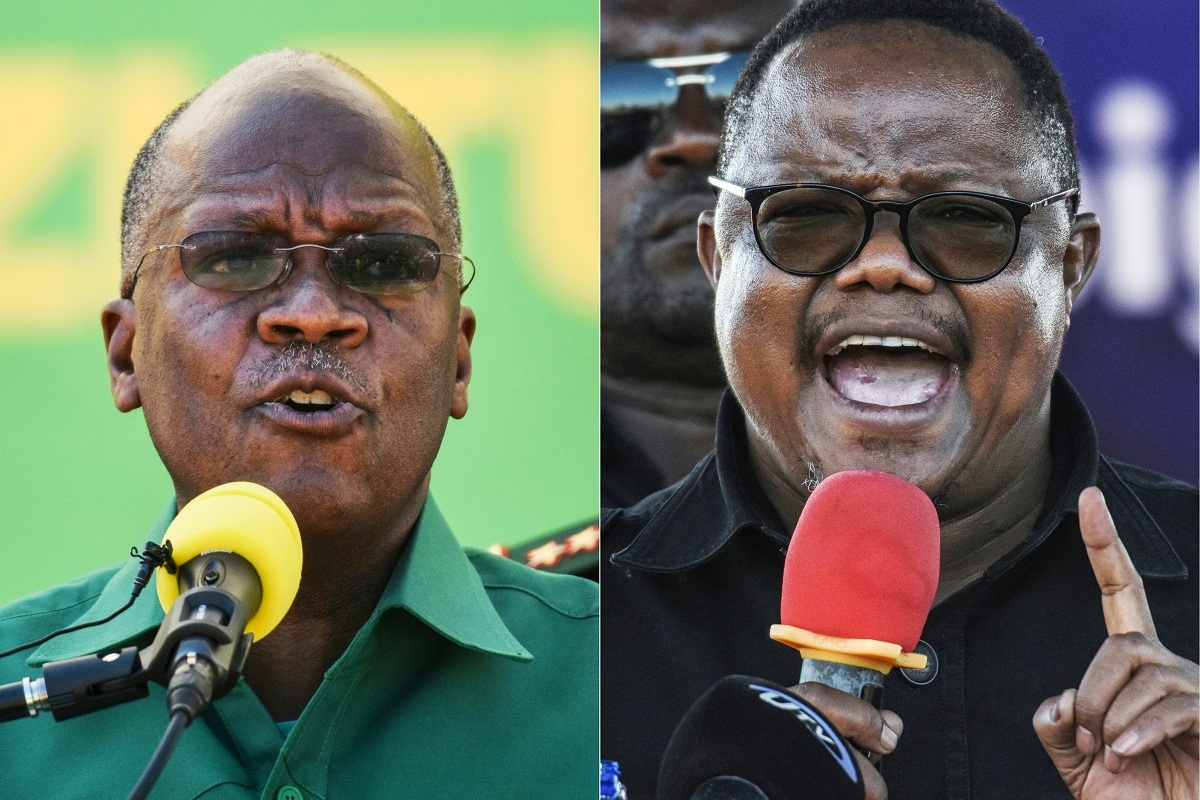First it was Alexander Lukashenko, then Prayuth Chan-o-cha and now the action appears to be shifting to distant Tanzania where leaders of opposition groups who alleged that the election that saw the return to power of President John Magufuli was rigged have been arrested by the regime.
In terms of vote percentage at least there is a striking parallel with Belarus for in Tanzania too, the incumbent is said to have polled more than four-fifths of the votes cast. But it is what happened before polling that the Opposition is upset about.
Advertisement
For as independent reports have confirmed, the build-up was marred by reports of access to social media being blocked to rein in dissent with Twitter confirming its platform had been “throttled”. When Opposition leaders attempted to protest the outcome, they were arrested; authorities say it was to prevent them from destroying property in the guise of voicing dissent.
The United Kingdom, whose colony Tanzania was until 1961, has urged election authorities to investigate reports of irregularities and expressed concern at what it terms heavy-handed policing of the election. The American Ambassador, Donald Wright, has said “I urge the government to ensure the safety and security of all opposition leaders, cease these targeted arrests, release detainees, restore telecommunications, and afford due process under the law to all citizens.”
While these may seem strong expressions of disapproval, they are unlikely to bother the regime in Dar es Salaam. Already the national election commission has given a clean chit to itself by saying it has found no evidence of electoral fraud. Mr Magufuli’s CCM Party, which has held power ever since independence in 1961, first as part of a single-party system and since 1994 as part of a multi-party system, already controls 97 per cent of Parliament.
In effect, therefore, the President may well have been returned to power in an untainted election, for he is widely credited with investing heavily in infrastructure and instituting reforms in mining and telecommunications to garner more revenues for the state. The country has recorded more than 5 per cent GDP growth continuously since 2007 and for the past four years GDP growth has outstripped inflation.
It is also one of two countries in the East African Community likely to record growth post- Covid with the African Development Bank having forecast a 5.5 per cent GDP increase this year. This projection is far more optimistic than that of the World Bank which in June had predicted that GDP growth would drop from 6.9 per cent in 2019 to 2.5 per cent in 2020 consequent upon the public health emergency.
In short, and amid general gloom in its neighbourhood ~ the six EAC states are projected to lose up to $79 billion due to Covid ~ Tanzania has fared well, largely due to President Magufuli’s decision to keep the economy open.
